No one wants ticks lurking in their yard, especially when you’re trying to enjoy the great outdoors. These tiny, spider-like pests can latch onto humans and pets, often going unnoticed until it’s too late. Besides causing itchy rashes, ticks can transmit dangerous diseases like Lyme disease. But there’s a natural solution that doesn’t involve harsh chemicals—plants.
I’ve discovered that certain plants beautify your garden and effectively repel ticks. These plants release intense aromas that ticks find unappealing, keeping them at bay. This eco-friendly approach is safer for beneficial insects and adds vibrant colors and scents to your outdoor space. So why not let nature work for you and transform your yard into a tick-free zone?
Table of Contents
How Plants Repel Ticks
Certain plants emit unique scents that act as natural repellents for ticks. These plants create a barrier, making outdoor spaces less hospitable for ticks.
Chemical Compounds and Natural Oils
Plants like lemongrass and lavender produce powerful natural oils containing compounds that deter ticks. Citronella, derived from lemongrass, is a well-known mosquito repellent, but its effectiveness also extends to ticks. Lavender releases linalool, another compound with repelling properties. These aromatic plants enhance yard aesthetics and offer an eco-friendly tick control solution.
Distracting Tick-Carrying Hosts
Many tick-repelling plants have scents that naturally repel creatures like deer and rodents, shared tick hosts. For example, rosemary and peppermint release strong fragrances, discouraging these insects from frequenting their yards. By reducing the presence of tick hosts, plants indirectly diminish the odds of getting a tick bite. This method enhances the effectiveness of other tick-prevention strategies.
Top Plants That Keep Ticks Away
Integrating plants that naturally deter ticks into your yard enhances its beauty and offers an effective tick prevention strategy. Strategically placing these plants helps create a tick-free zone by utilizing their natural repelling properties.
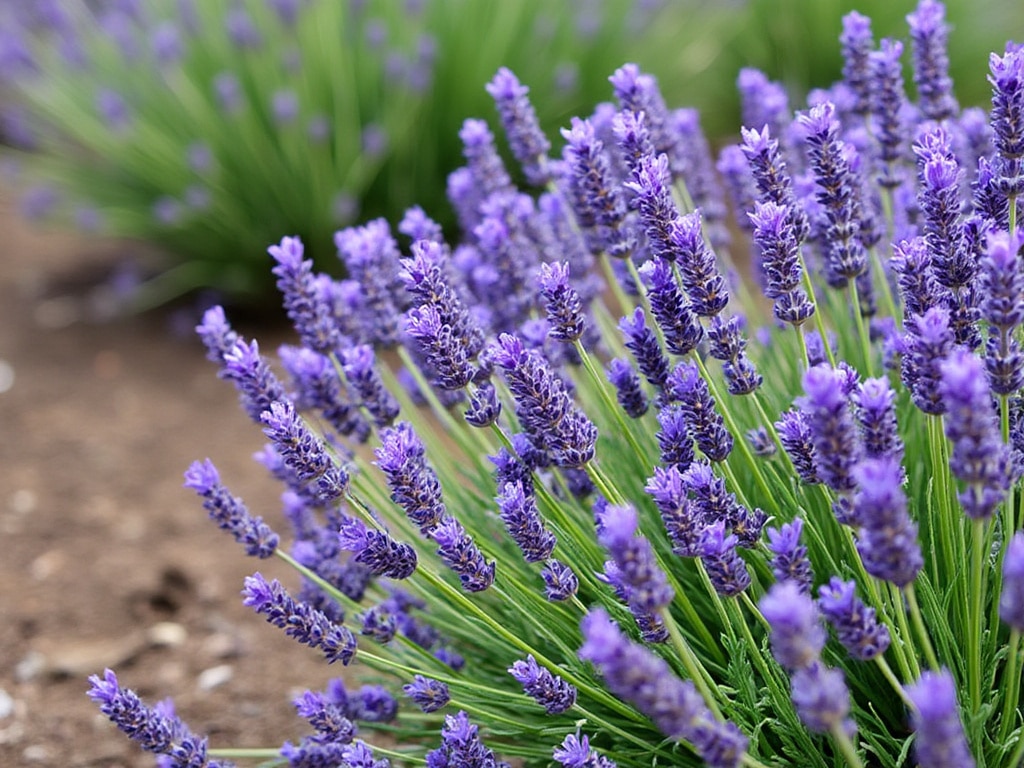
Lavender
Lavender thrives in US hardiness zones 5 to 10 and emits linalool, which repels ticks. It enjoys abundant sunlight and benefits from regular pruning to boost its blooming period. As an added advantage, lavender attracts pollinators like bees and butterflies.
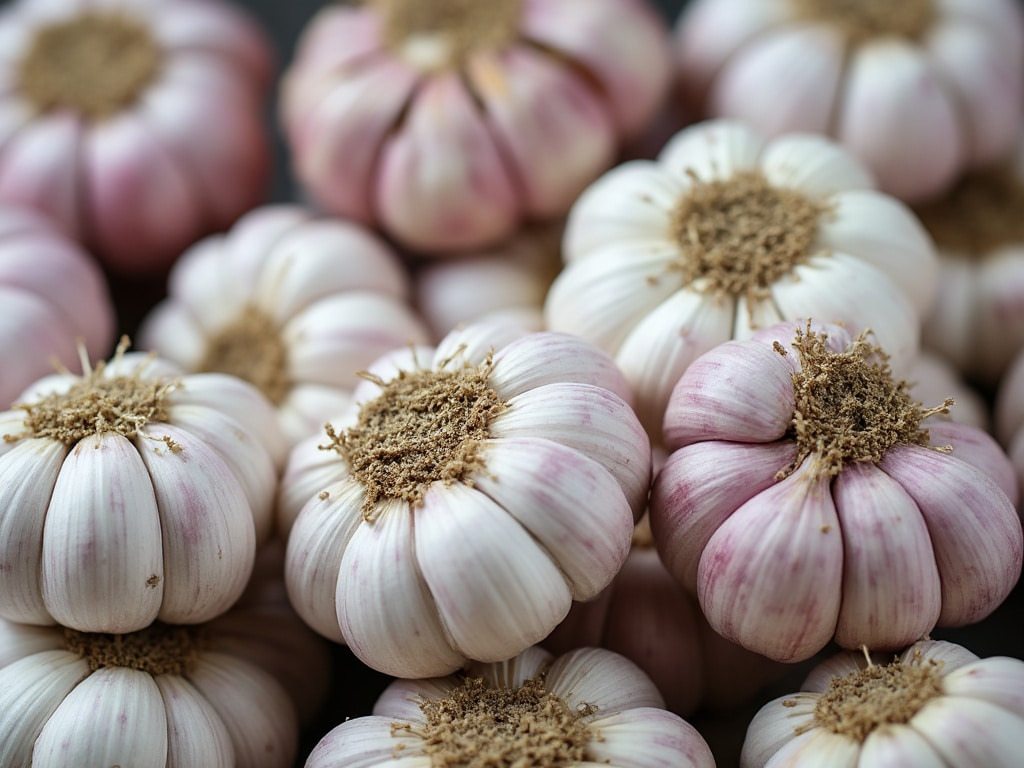
Garlic
Due to its high sulfur content, garlic is an excellent tick-repellant. Suitable for zones 4 to 9, garlic is easy to integrate into landscapes as a pest deterrent. It’s also a flavorful addition to cooking, adding depth to various dishes.
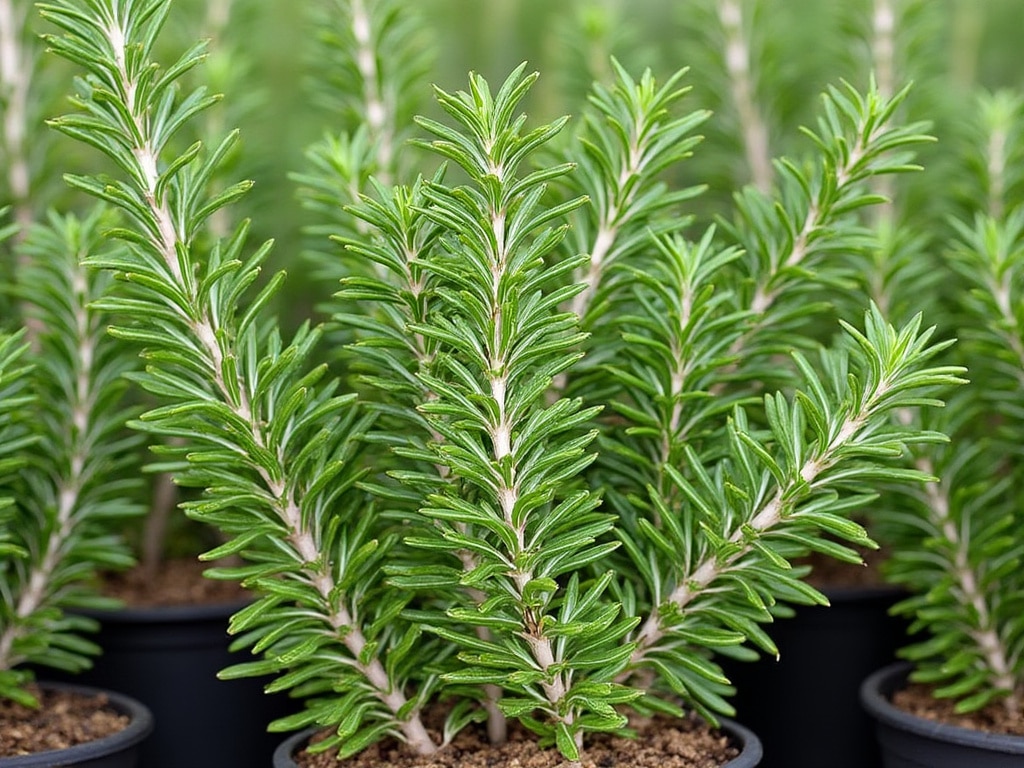
Rosemary
Rosemary is a resilient herb ideal for zones 8 to 10, offering aromatic oils that discourage ticks. It prefers full sun and well-drained soil and contributes culinary value while enhancing garden aesthetics with its woody stems and fragrant leaves.

Wormwood
Wormwood, known for its natural bitterness, is effective at repelling ticks. This hardy herb suits zones 4 to 8 and grows best in sunny spots. It features silver-gray foliage, adding visual interest to gardens while keeping pests at bay.
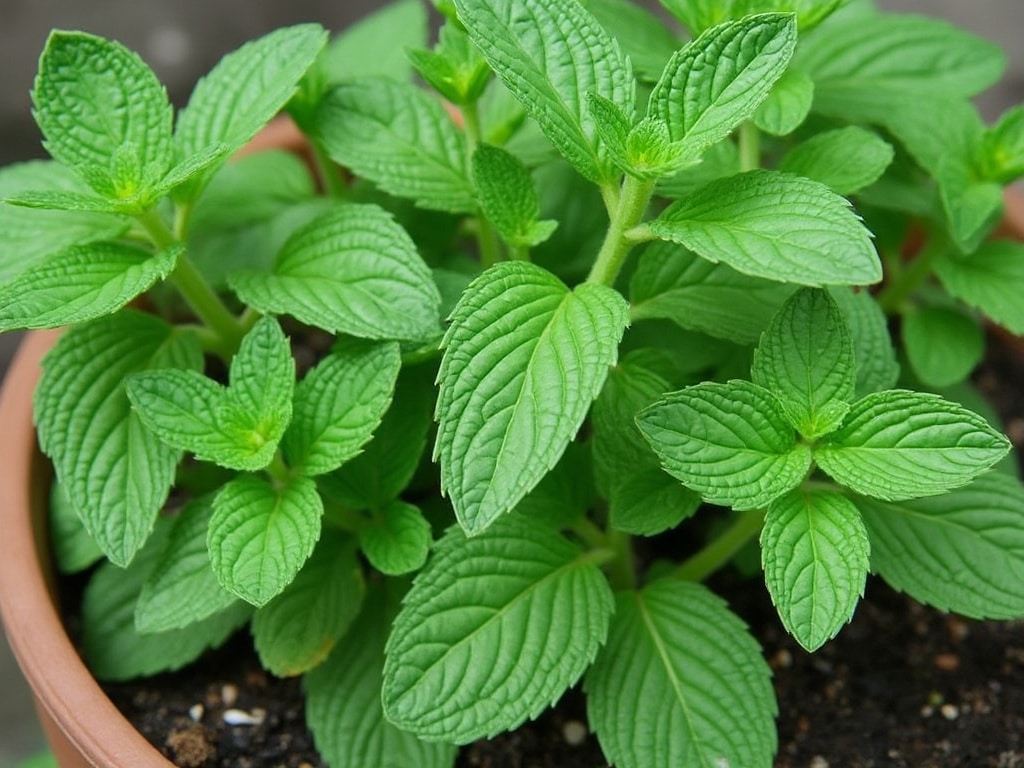
Mint
Mint releases a strong fragrance disliked by ticks, making it a functional addition to any garden. While it spreads rapidly and can become invasive, containing mint within pots ensures its benefits without overtaking other plants.
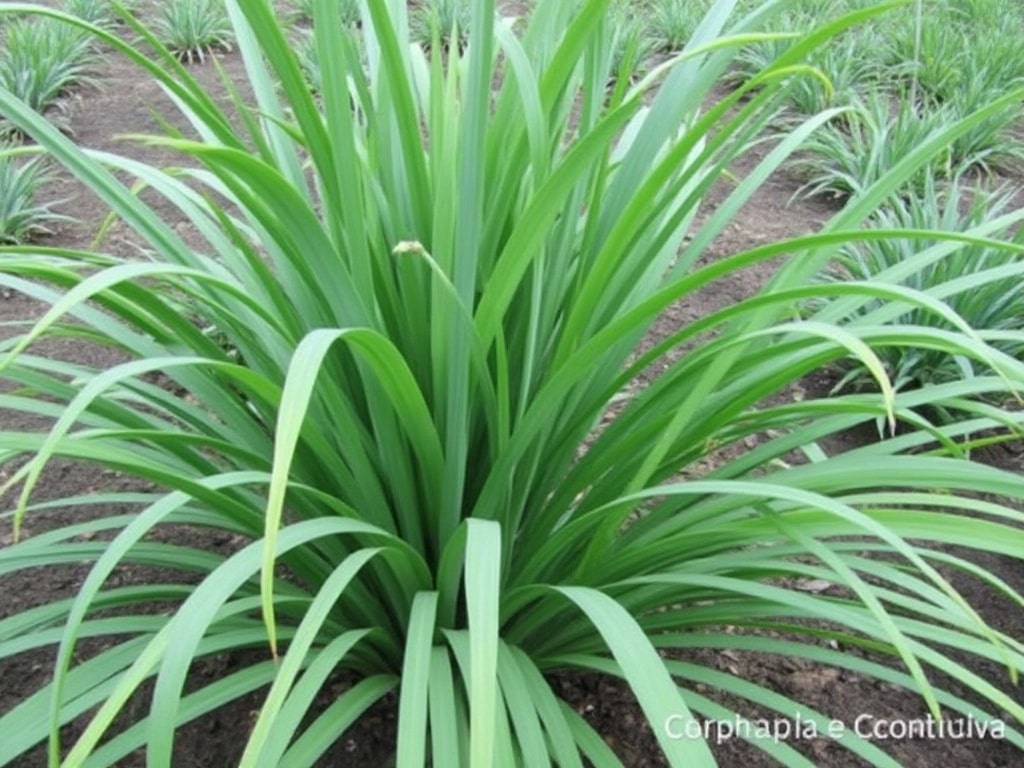
Lemongrass
Lemongrass emits citronella, a well-known mosquito and tick repellent. It thrives in zones 10 and 11, providing culinary use and a distinct lemony aroma. Planting lemongrass around patios can enhance outdoor enjoyment by deterring pests.
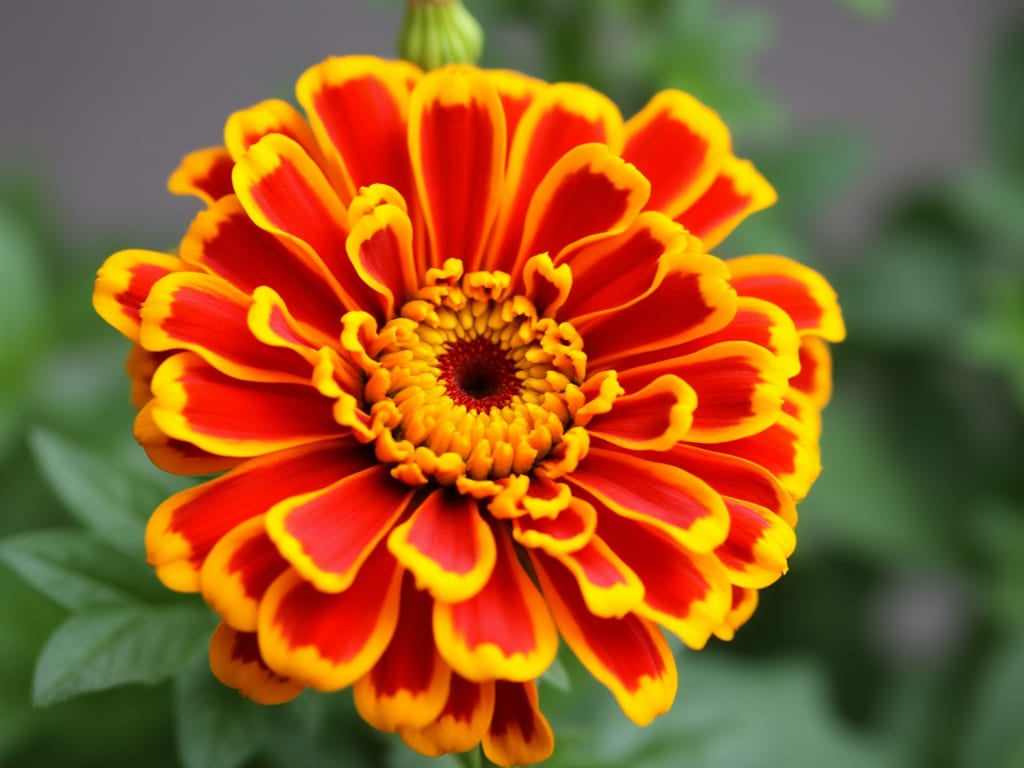
Marigold
The distinct aroma of marigolds deters ticks. They grow well in zones 2 to 11 and offer bright blooms that attract pollinators. Incorporating marigolds into garden borders can enhance color and functionality.
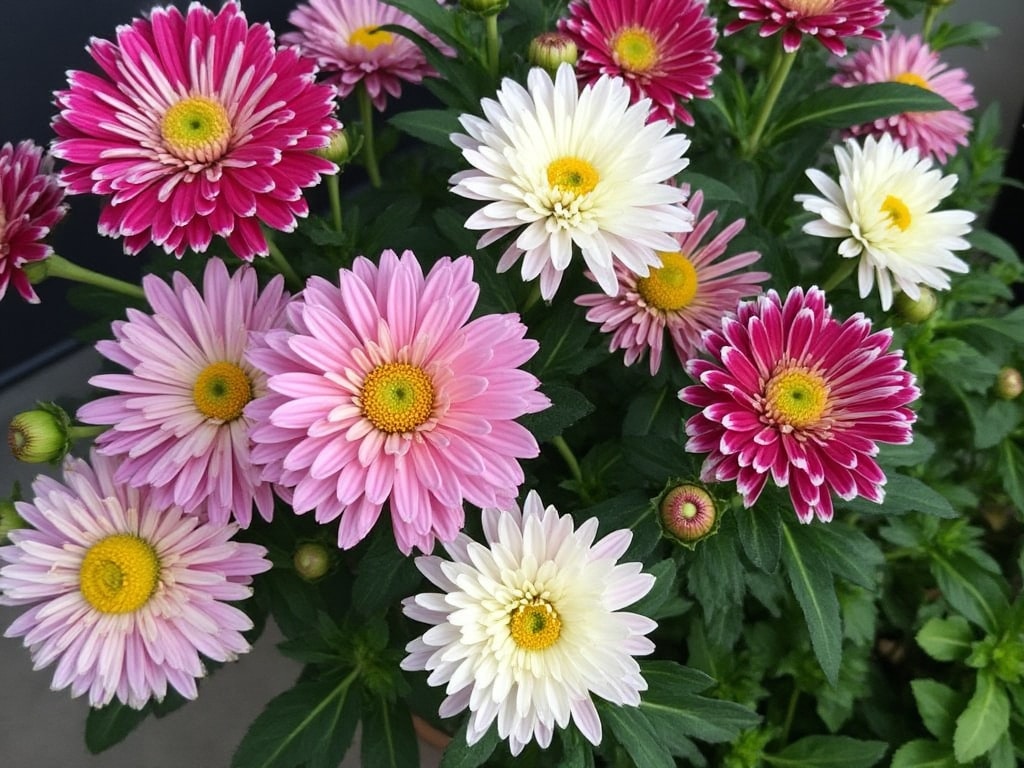
Chrysanthemums
Chrysanthemums contain pyrethrum, a natural insect repellent effective against ticks. They grow well in zones 5 to 9 and showcase vibrant flowers. Their placement in gardens repels pests and adds an appealing splash of color.

Rue
Rue emits a strong odor that deters ticks and thrives in zones 4 to 9. Its blue-gray leaves offer unique garden aesthetics while providing an additional layer of tick control. Rue requires minimal maintenance, making it an easy choice for natural pest management.
Have Mold Illness or suspect you do?
We have helped thousands of people restore their health and quality of life by diagnosing and treating their Mold Illness.
Designing a Tick-Repellent Garden
Integrating tick-repellent plants into your garden can substantially reduce tick presence. Creating a fragrant and diverse landscape enhances both protection and garden aesthetics.
Companion Planting Techniques
Companion planting maximizes your garden’s tick-repelling effectiveness. I plant lavender alongside basil and rosemary to create a powerful aromatic barrier. These combinations enhance each plant’s repelling properties, making it harder for ticks to thrive. Companion planting also supports overall garden health by improving soil quality and deterring additional pests like aphids or mosquitoes.
Eco-Friendly Landscaping Tips
Maintaining a sustainable landscape boosts the longevity and health of a tick-repellent garden. Organic mulches like wood chips or bark retain soil moisture and suppress weed growth around plants. I enrich my garden using compost as a natural fertilizer, promoting healthier plant growth and enhancing pest-deterrent capabilities. Regularly rotating crops prevent soil depletion, ensuring a thriving, resilient environment that naturally deters ticks.
Integrating Tick Prevention Strategies
Integrating tick prevention requires a holistic approach, combining planting with thoughtful landscaping and personal practices. Creating natural barriers is crucial; plant species like lemongrass and rosemary are around yard perimeters and along property lines to define boundaries. Concentrating tick-repelling plants near high-traffic areas such as patios, decks, and playgrounds provides localized protection where outdoor gatherings occur most often.
Layering your defenses increases effectiveness; combining various plant species results in a multilayered strategy to achieve broader tick deterrence. Maintaining your yard reduces tick habitats; keep the grass short and remove leaf litter for a tidy, less hospitable environment for ticks. Consider container gardening for conveniently placing plants on patios and decks, which ensures versatility in landscape design.
Enhancing planning with regular yard maintenance optimizes plant effectiveness. To ensure comprehensive protection, use personal repellents and perform tick checks after outdoor activities. Exploring certified educational resources on tickborne diseases deepens understanding and aids in customizing prevention strategies.
Keep in mind at our medical clinic that many people have mold in their house. Their family members are fine, but they are ill. We help you understand why this is!
Conclusion
Creating a tick-free outdoor space with the right plants is practical and enhances your garden’s beauty and functionality. You can naturally deter ticks by choosing plants like lavender, lemongrass, and rosemary while enjoying the added benefits these plants offer. This strategy, thoughtful landscaping, and regular yard maintenance create a holistic approach to tick prevention. Incorporating these elements into your garden design helps safeguard against ticks, ensuring a safer and more enjoyable outdoor experience. With some planning and plant choices, you can transform your yard into a vibrant, tick-free haven.
References:
Wong, C., Crystal, K., & Coats, J. (2020). Three Molecules Found in Rosemary or Nutmeg Essential Oils Repel Ticks (Dermacentor variabilis) more Effectively than DEET in a Non-human Assay.. Pest management science. https://doi.org/10.1002/ps.6149.
Peach, D., Almond, M., Gries, R., & Gries, G. (2019). Lemongrass and Cinnamon Bark: Plant Essential Oil Blend as a Spatial Repellent for Mosquitoes in a Field Setting. Journal of Medical Entomology, 56, 1346 – 1352. https://doi.org/10.1093/jme/tjz078
Free Lyme/Mold Webinar: "Why Am I Still Sick?"
Have Mold Illness or suspect that you do?
We have helped thousands of
people restore their health
and quality of life by diagnosing
and treating their Mold Illness.
“Dr. Mueller’s approach to medicine is refreshing! There is only so much you can do with western medicine and in my life I was needing a new approach. By addressing the whole body, nutritional diet factors, environmental factors, blood work, and incorporating ideas I had not previously known, I was able to break through with my conditions. I am not only experiencing less pain in my life, but through the process of healing guided by Dr. Diane Mueller, I am now happy to say I have more consciousness surrounding how I eat, what to eat and when things are appropriate. Living by example Dr. Mueller has a vibrancy that makes you want to learn and know more about your body and overall health. I highly recommend her to anyone looking for new answers, a new approach to health, or in need of freedom from pain and limitations.”
-Storie S.
Kihei, HI
Mold Illness is Often Misdiagnosed as Fibromyalgia, Chronic Fatigue, Depression,
or Other Illnesses


